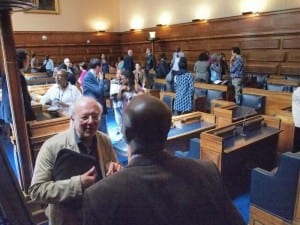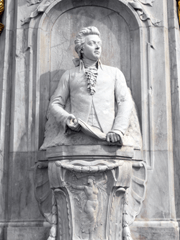Race: confronting myths and deconstructing colonial concepts
By ucyow3c, on 16 June 2014
By Foluso Williams
The August 2011 London riots “were not about race: the perpetrators and the victims were white, black and Asian”. It would seem from Mr Cameron’s comment that Britain is made up of three distinct ‘races’: ‘white’, ‘black’ and ‘Asian’.
However, many would argue that two of the ‘races’ that he has identified represent colours and the other denotes the population of a particular continent. Is Mr Cameron right? Surely, he has painted the best picture of 21st century Britain?

Not according to some academics, who believe that he is just as perplexed with the notion of ‘race’ as the rest of Britain.
This year at UCL, a remarkable array of scholars from various academic disciplines across the globe convened to discuss and challenge many of the misconceptions and complexities associated with the notion of ‘race’.
All speakers, which included staff and students, deconstructed the outdated myths that have lingered throughout different historical contexts and illustrated just how these constructions have become widely accepted in our society.
Two events, the Joint Faculty Institute of Graduate Studies (Figs) Friday Forum on ‘Race’ and Critical Philosophy of Race: Here and Now, revealed through revolutionary research how we can begin to understand and challenge the notion of ‘race’, which is essentially a “colonial construct” that has been imposed on us by misinformed thinkers.
 Close
Close




